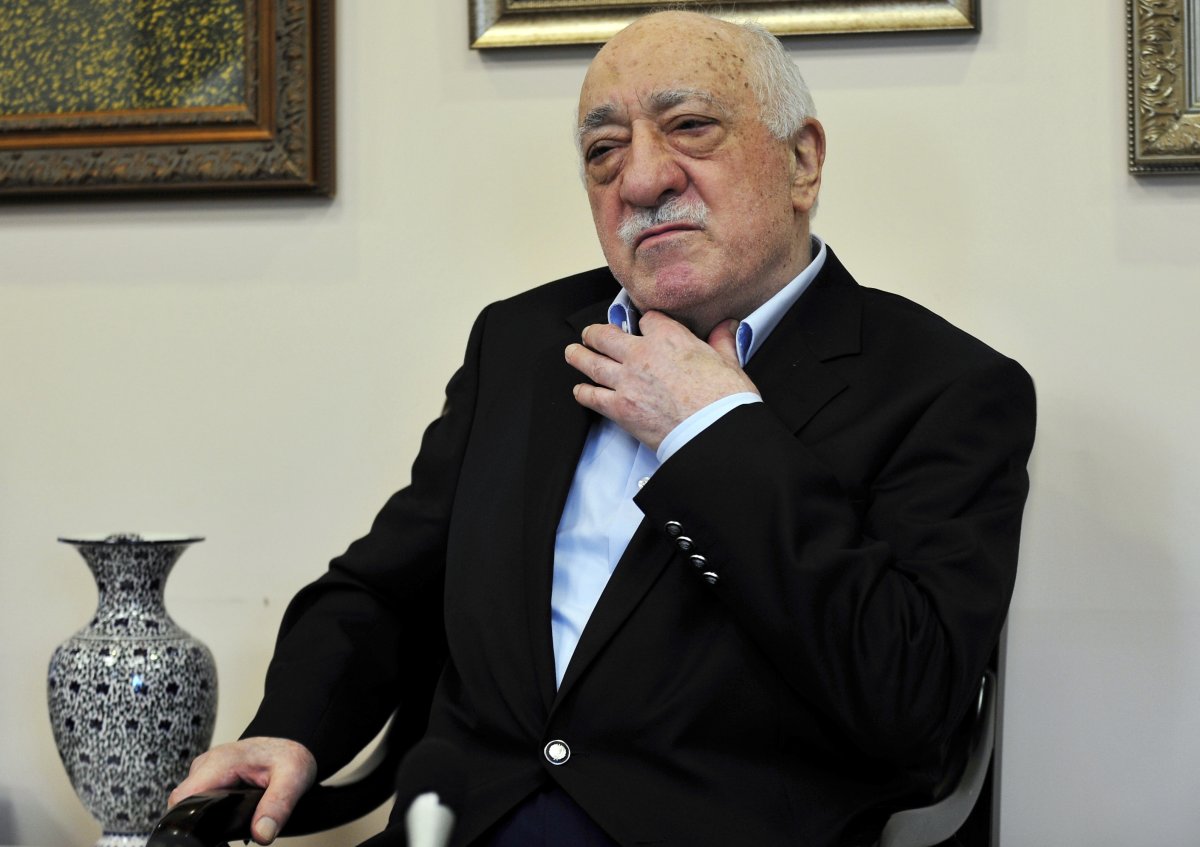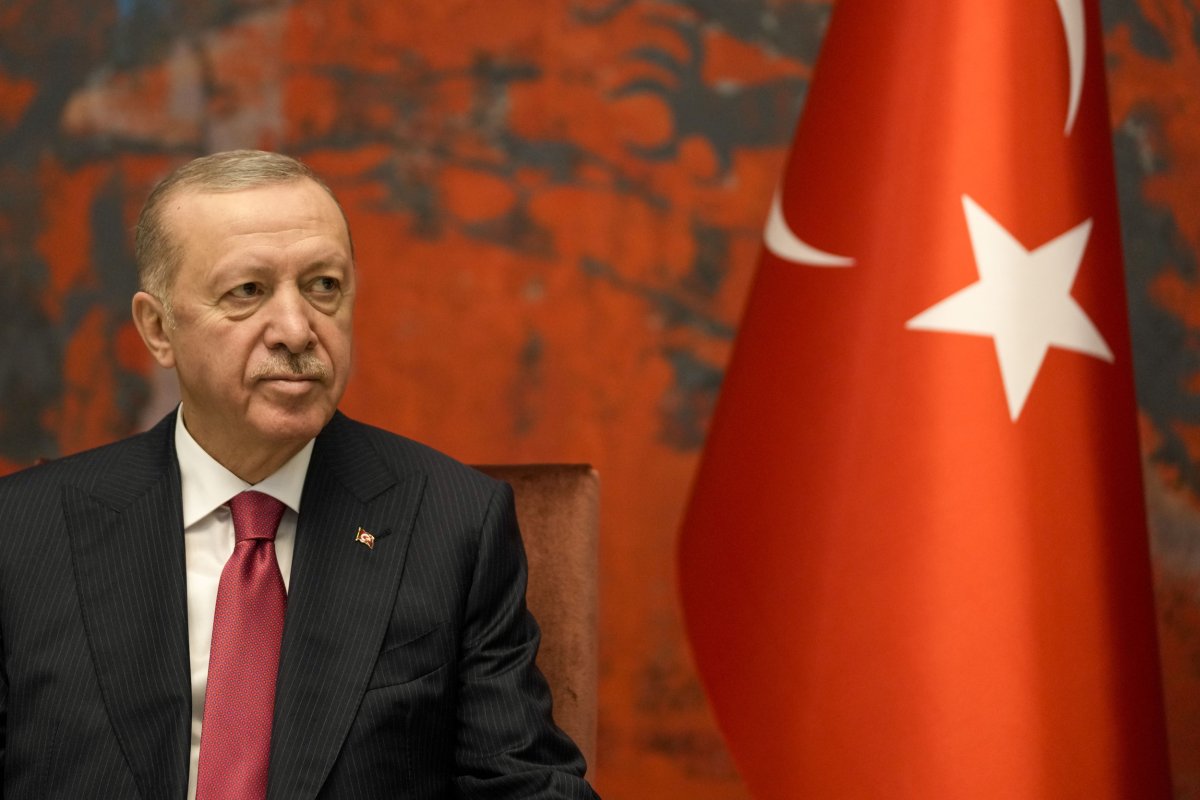Fethullah Gülen, the self-exiled Turkish cleric who inspired a global social movement and was accused of orchestrating a failed 2016 coup in Turkey, has died in Pennsylvania.
He was in his eighties and had long suffered from ill health. Gülen’s death was confirmed by his nephew, Kemal Gülen, and Turkish intelligence sources, according to former newspaper editor Abdullah Bozkurt.
Gülen, who spent decades living in self-imposed exile in the Pocono Mountains, wielded influence among millions of followers in Turkey and around the world.
Known for promoting a philosophy that blended Sufism, democracy, education, and interfaith dialogue, he gained a global following. His movement, known as Hizmet—Turkish for “service”—has established schools, businesses, and media organizations in over 100 countries.
Chris Post/AP Photo
Initially an ally of Turkish President Recep Tayyip Erdogan, Gülen became a vocal critic, accusing Erdogan of authoritarianism. The relationship between the two soured, and Erdogan accused Gülen of masterminding the July 2016 military coup attempt in Turkey.
The coup saw military factions use tanks, warplanes, and helicopters in an attempt to overthrow the government. Over 250 people were killed, and thousands were injured in the violence.
Gülen strongly denied any involvement in the coup, calling the accusations politically motivated. Despite Turkey’s repeated calls for his extradition, the U.S. declined, citing insufficient evidence. Gülen was never charged with a crime in the U.S. and consistently condemned both terrorism and the coup attempt.
Following the coup, Erdogan launched a sweeping crackdown on Gülen’s followers. Tens of thousands were arrested, and hundreds of businesses, schools, and media outlets linked to the movement were shut down.

Chris Post/AP Photo
Erdogan labeled Gülen a terrorist, and Turkish officials have continued to view his death as inconsequential to their fight against his influence.
“The leader of this dark organization has died,” said Turkish Foreign Minister Hakan Fidan, vowing that the fight against Gülen’s movement would continue.
Born in Erzurum, Turkey, Gülen’s exact birthdate remains disputed, though it is officially listed as April 27, 1941. He rose to prominence as an imam in Turkey, advocating for a blend of Islam, science, and Western values.
His followers, known as Gülenists, built a vast network of institutions, including taxpayer-funded charter schools in the U.S. and influential media outlets in Turkey.

Darko Vojinovic/AP Photo
Although Gülen lived a reclusive life in Pennsylvania, rarely appearing in public, his influence persisted. His movement’s power and reach were long viewed with suspicion by some in Turkey, where the political landscape is deeply polarized between secularists and supporters of Erdogan’s Islamic-oriented government.
Despite accusations, Gülen maintained that his movement was nonpolitical and focused on education and dialogue.
Gülen never returned to Turkey after seeking medical treatment in the U.S. in 1999, where he remained until his death.
This article includes reporting from The Associated Press
